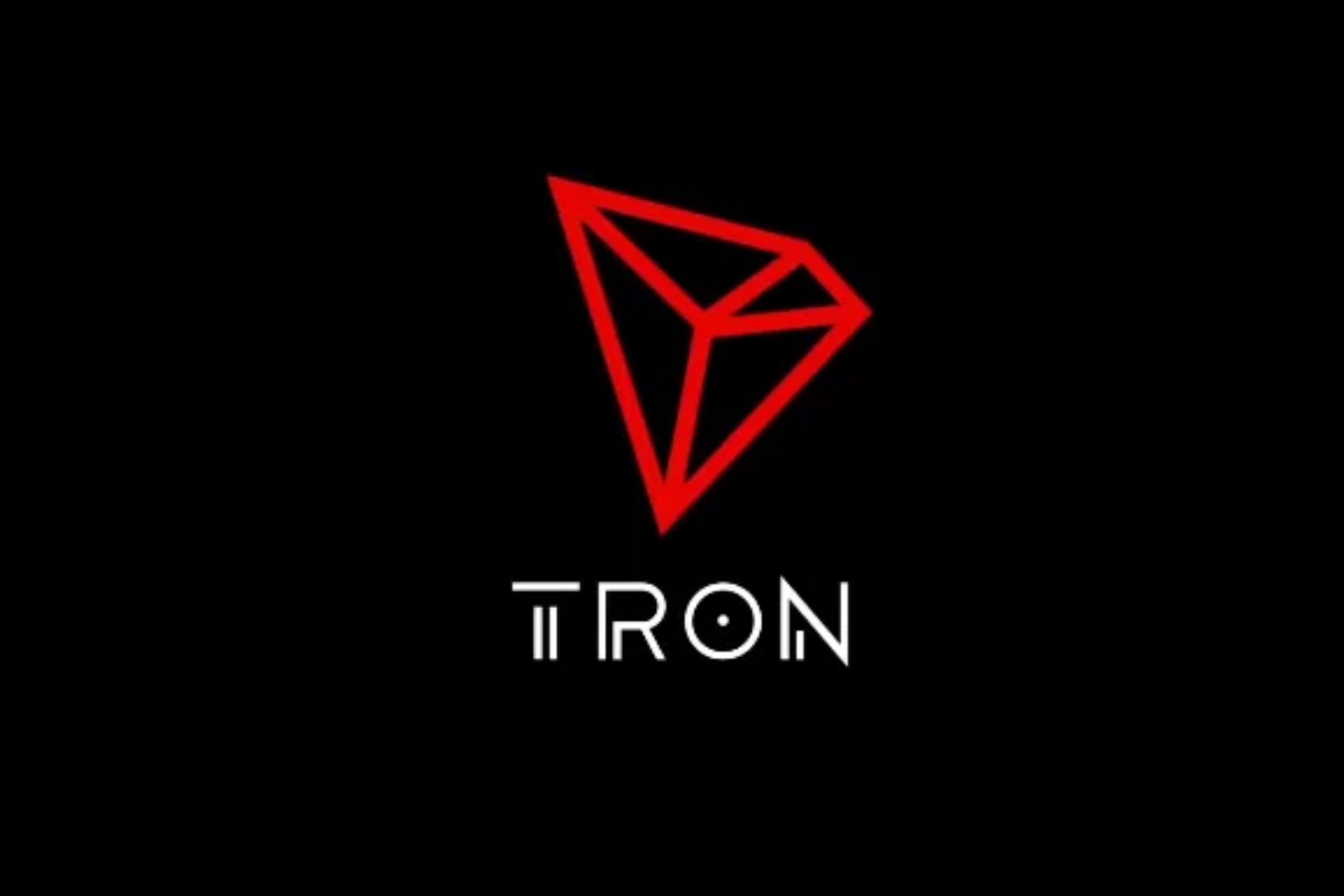
Text|Dave
"Once the time is right, Nasdaq will consider becoming a cryptocurrency exchange." Adna Friedman, the current CEO of Nasdaq, publicly stated when accepting CNBC in April last year.
Could one of the world's largest stock exchanges become a cryptocurrency exchange? This is happening. Nasdaq blockchain product manager John Toll recently revealed that Nasdaq is trying to tokenize its platform, and related tests are underway in Sweden. The new system under test will use blockchain technology to issue stocks.
If the test is successful and the approval is passed, Nasdaq may be the world's first stock exchange to use blockchain technology to issue stocks.
The giant is too daring to try. A week ago, the nearly 50-year-old exchange also announced the launch of the BTC index and the ETH index. The real-time exchange rate is the price of 1 BTC and 1 ETH, quoted in US dollars, and the data is updated every 30 seconds.
People are looking sideways, but Nasdaq has obvious intentions. It has launched several moves to enter the blockchain in the past six months-investing in two blockchain start-ups; cooperating with Microsoft Azure cloud to create a blockchain system; Launch BTC futures and more.
secondary title
Launch Cryptocurrency Index
In Chicago in late July 2018, Adna Friedman sat at a conference table, bewildered.
The 48-year-old female head of Nasdaq just received the news that the Bitcoin ETF was rejected by the SEC (US Securities and Exchange Commission) not long ago.
So she hosted this closed-door meeting to discuss the impact of future regulation on cryptocurrencies and what to do about it. There are also representatives of 6 other companies here, including traditional securities trading companies and blockchain startups.
“We want to improve the image of cryptocurrencies and validate their potential role in the global market,” said one participant.
"It is necessary to pay attention to regulation." Friedman said bluntly.
Just three months ago, several executives of Longfin Corp, a blockchain concept stock, were suspended by Nasdaq due to alleged speculation and cash out.
At the time, Friedman might not have imagined that half a year later, on February 25, EST, the Nasdaq exchange officially launched the Bitcoin Liquid Index BLX (Bitcoin Liquid Index) and the Ethereum Index ELX (Ethereum Liquid Index). , and add the two indices to the global index service product GISO the next day.
It is reported that BLX and ELX are displayed in US dollars and provide "real-time spot prices" at the price of 1 BTC and 1 ETH, which are refreshed every 30 seconds. And, if nothing else, Ripple Index XRP will also be launched in the near future.
Founded in 1971, Nasdaq, as one of the largest stock markets in the world, has attracted more than 3,700 innovative technology companies, including Apple and Microsoft, to ring the bell here. The total market value of listed companies is about 12.3 trillion U.S. dollars (October 2018 data), about 95 times the market capitalization of cryptocurrencies (based on $130 billion).
With its huge size and giant-like market position, Nasdaq immediately caused shocks in the global financial and blockchain circles as soon as it announced the launch of the Bitcoin and Ethereum Liquidity Index. People are rushing to tell each other, speculating on the value conveyed by the giant's move. People in the currency circle are most concerned about whether this will trigger the arrival of a "bull market".
But this is not the first time a stock exchange has ventured into cryptocurrency trading. As early as May 2015, the New York Stock Exchange announced the launch of the New York Stock Exchange Bitcoin Index (NYXBT), which is the world's first Bitcoin index issued by a stock exchange.
On March 5, Song Jiaji, director of the Blockchain Research Institute of Guosheng Securities, analyzed the matter and believed that the index is Nasdaq's strength. Prepare.
secondary title
giant's temptation
Nasdaq began to deploy blockchain as early as 2013.
Steve Oh, director of ETF issuance at the Nasdaq Exchange, once revealed that Nasdaq has made various attempts, including launching Linq, an equity trading platform based on blockchain technology, and realizing shareholder voting, liquidation, etc. application of technology.
In addition, Nasdaq also has a layout in blockchain investment.
In September 2015, Chain.com, a blockchain technology service provider, received capital injections from Nasdaq, Visa, Citibank and other financial giants, totaling as much as $30 million.
Jean-Jacques Louis, senior vice president of strategic solutions at Nasdaq at the time, said in an interview: "We are optimistic about this company. Blockchain technology is constantly developing, and it is of great significance to us to understand it."
Since January 2017, Adna Friedman, a 47-year-old cryptocurrency believer, took office as the new CEO of Nasdaq, and started an intensive blockchain layout.
According to incomplete statistics, in just half a year since August last year, Nasdaq quickly completed the following blockchain layout:
In August, Nasdaq and the central bank of Singapore cooperated to develop a digital asset solution;
In October, Nasdaq obtained a patent for a blockchain-based newswire service and cooperated with Microsoft Azure cloud;
In December, announced that it expects to launch futures in the first half of 2019 and invest in cryptocurrency exchange ErisX;
In January, led the investment in blockchain startup Symbiont;
In February, BTC index (BLX) and ETH index (ELX) were launched.
But Nasdaq's blockchain journey has not been all smooth sailing.
On the one hand, because Nasdaq itself as an exchange limits its involvement in the blockchain, Nasdaq is also under pressure from US regulation.
In the bull market that began in the fourth quarter of 2017, many listed companies used the blockchain concept to operate and drive up stock prices.
On December 14, 2017, LongFin was listed on NASDAQ and acquired the website www.ziddu.com (a smart contract platform) the next day. The stock price rose by more than 2000% within two days, triggering the circuit breaker mechanism of the exchange many times. Suspected of securities offering fraud, the company was later punished by the SEC and forced to cease trading.
In December of the same year, after Riot Blockchain, a Nasdaq-listed company, announced its transition to cryptocurrency-related services, its stock price soared to 40 yuan, and was subsequently investigated by the SEC.
Since January last year, the SEC has initiated investigations into blockchain-listed companies.
Jay Clayton, chairman of the committee at the time, said: "The US Securities and Exchange Commission is paying close attention to the information disclosure of blockchain listed companies, such as whether these listed companies have initiated business model transformation and whether they have used distributed ledger technology to achieve expectations. Commitment, and whether the information disclosure complies with the requirements of the securities law.”
On the other hand, Nasdaq's own implementation of blockchain-related actions has not been smooth, and it has repeatedly tried new things, more like constantly exploring and testing the boundaries of supervision.
Last year, Nasdaq was present at nearly every conference on blockchain regulation. On August 19th, the ICO Oversight Conference initiated by US Republican Congressman Warren Davidson; on September 13th, the Global Blockchain Conference; Options Expo and Nasdaq’s own Crypto Summit on Nov. 10.
As early as January 2018, Friedman revealed the idea of implementing digital currency futures in an interview.
Until November 27 last year, Bloomberg reported that Nasdaq was promoting a bitcoin futures listing plan.
The next day, Gabor Gurbacs, director and strategist of VanEck digital assets, announced that VanEck is working with Nasdaq to bring "regulated encryption 2.0 futures type contracts" to the market.
On December 3, Joseph Christinat, vice president of Nasdaq's media team, said that it is expected that Bitcoin futures will be listed and launched in the first half of next year. Joseph said in a statement: "Bitcoin futures will be listed and are expected to be launched in the first half of next year - we are just waiting for CFTC (U.S. Commodity Futures Commission) approval, but enough work has been put into it to make it It's academic."
From determination to implementation, Nasdaq has reflected its active and innovative awareness to the extreme.
In October last year, Nasdaq planned to launch a tokenized securities platform, planning to allow the project to raise funds through STO (Security Token Issuance) within the supervision.
secondary title
What it means for the industry
HKEX Group CEO Charles Li and Adna Friedman, Chicago Mercantile Exchange, Eurex, Intercontinental Exchange at the 34th International Futures and Options Expo, Chicago, October 17, 2018 So and CBOE and other leaders sat together to discuss the innovation and continuous development of global exchanges. One of the important topics is "the impact of cryptocurrencies and blockchain on exchanges".
Blockchain is undoubtedly shaking up the stock exchange system.
"100% of the stocks and bonds traded on Wall Street today can be tokenized. It is expected that in 5 years, all the stocks and bonds on Wall Street will be tokenized." Former Nasdaq CEO and Chairman Robert Greifield recently tweeted Special said.
According to Nasdaq blockchain product manager John Toll recently revealed that Nasdaq is trying to tokenize its platform, and related tests are underway in Sweden. The new system under test uses blockchain technology to issue shares.
Nick Cowan, CEO of the Gibraltar Blockchain Exchange, said in an interview how blockchain technology has the potential to revolutionize the stock exchange. For example, Nasdaq introduced blockchain into the future stock exchange in the private market to provide customers with a historical record of any transaction. By implementing blockchain solutions, it is possible to reduce costs, increase efficiency, and increase investor satisfaction with their services.
Perhaps led by Nasdaq, the Swiss Stock Exchange launched an Ethereum-based exchange-traded product on March 5.
On the other hand, stock exchanges are also invading the cryptocurrency exchange space. Stock exchanges naturally work on data and changes.
In July last year, Nasdaq acquired Sweden's cryptocurrency-friendly stock exchange Cinnober; in December last year, Nasdaq invested in cryptocurrency exchange ErisX.
At present, Nasdaq is cooperating with some cryptocurrency exchanges and providing them with monitoring, trading and clearing services to solve the problem of false cryptocurrency transactions.
In January, a representative of Nasdaq said in an exclusive interview with Forbes that so far, seven cryptocurrency exchanges have passed Nasdaq’s review and can use its proprietary monitoring technology, but currently Only two exchanges, Gemini (Gemini) and SBI Virtual Currency, are publicly available.
In a LinkedIn post, Adna Friedman stated that Nasdaq believes that cryptocurrencies will play a role in the future, and that so far, cryptocurrencies have gone through what she calls the “classic invention life cycle” — from Early paths shaped by pioneers in cryptography and economics, through a period of hype, a surge of new market entrants, and the more recent "state of reality".
"Nasdaq will consider becoming a cryptocurrency exchange once the time is right, but is currently more willing to play the role of a partner." Friedman once said.
Now that time seems to have arrived.





